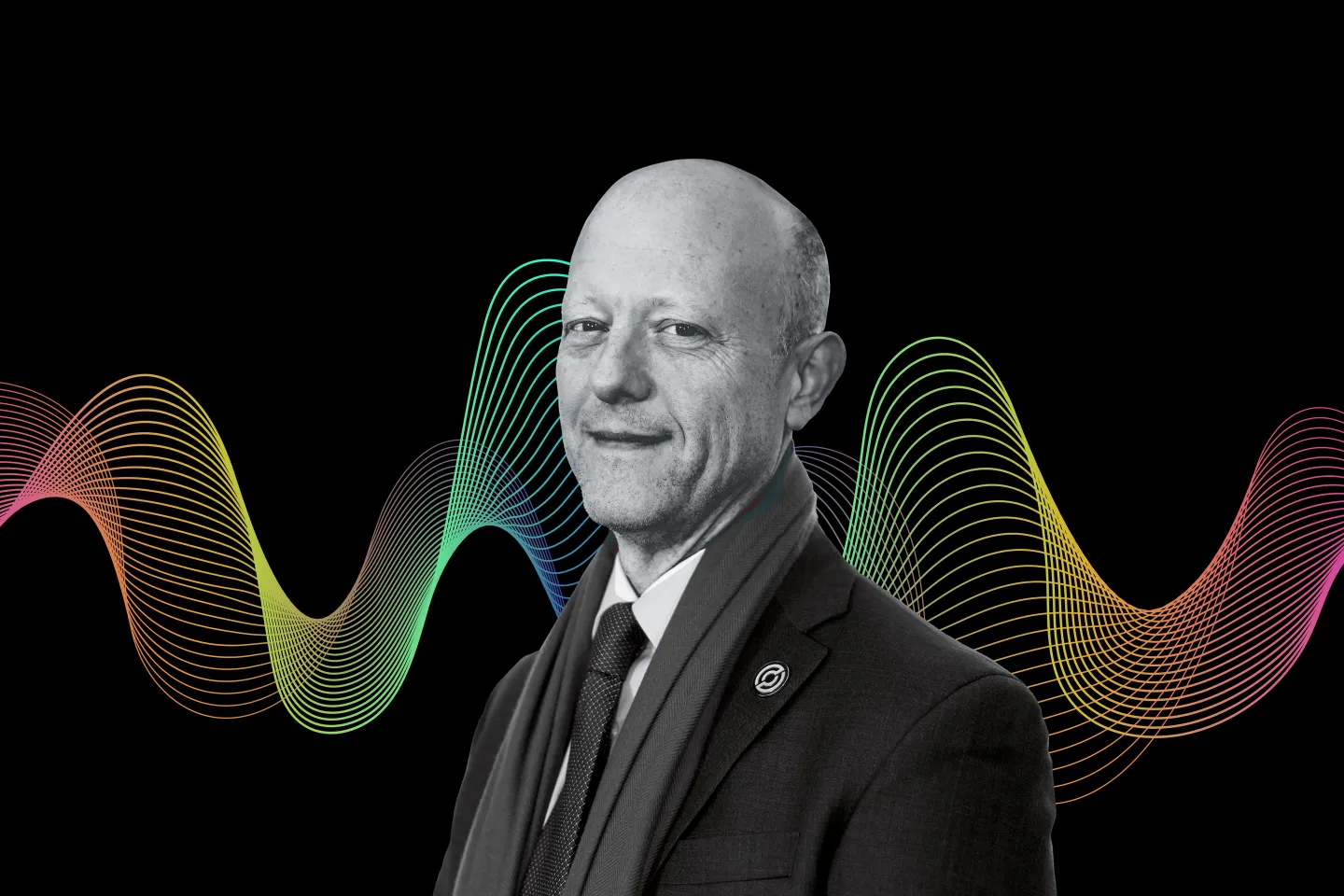Pon's Research Series: Analysis and Prevention Guide for Model Currency Principles
However, a one-size-fits-all argument is always one-sided.
This article hopes to jump out of the traditional definition and prejudice of pyramid schemes, and from the history, interpret the two most common strategies in pyramid schemes – takeover and Ponzi. Let everyone have a more thorough understanding of "model currency" to avoid being deeply covered.
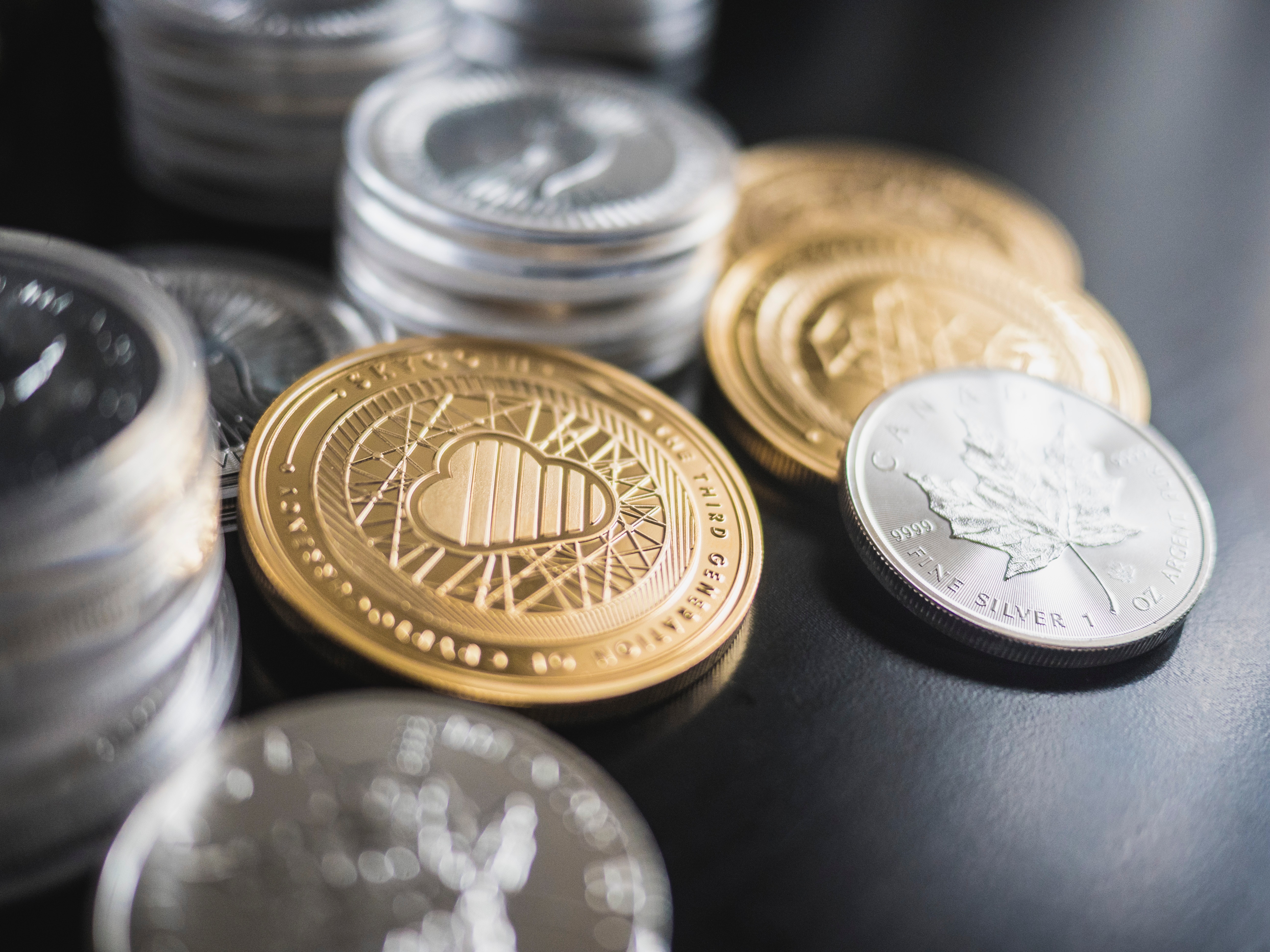
The trading of goods in reality is not that simple. Before the goods are delivered to the customers, they need to go through a lot of intermediary and dealers to change hands. This also makes the manufacturer's goods in addition to meeting the needs of consumers, but also needs to meet the "transaction needs" of the middlemen, that is, the demand for the next round of middlemen.
- Regulatory winds, centralized exchanges bear the brunt, can DEX take the wind?
- The real life of the owner of the exchange: the horror of the thief, the night can not linger
- Three stages of bitcoin awareness: Trump, Fed chairman, MPs PK
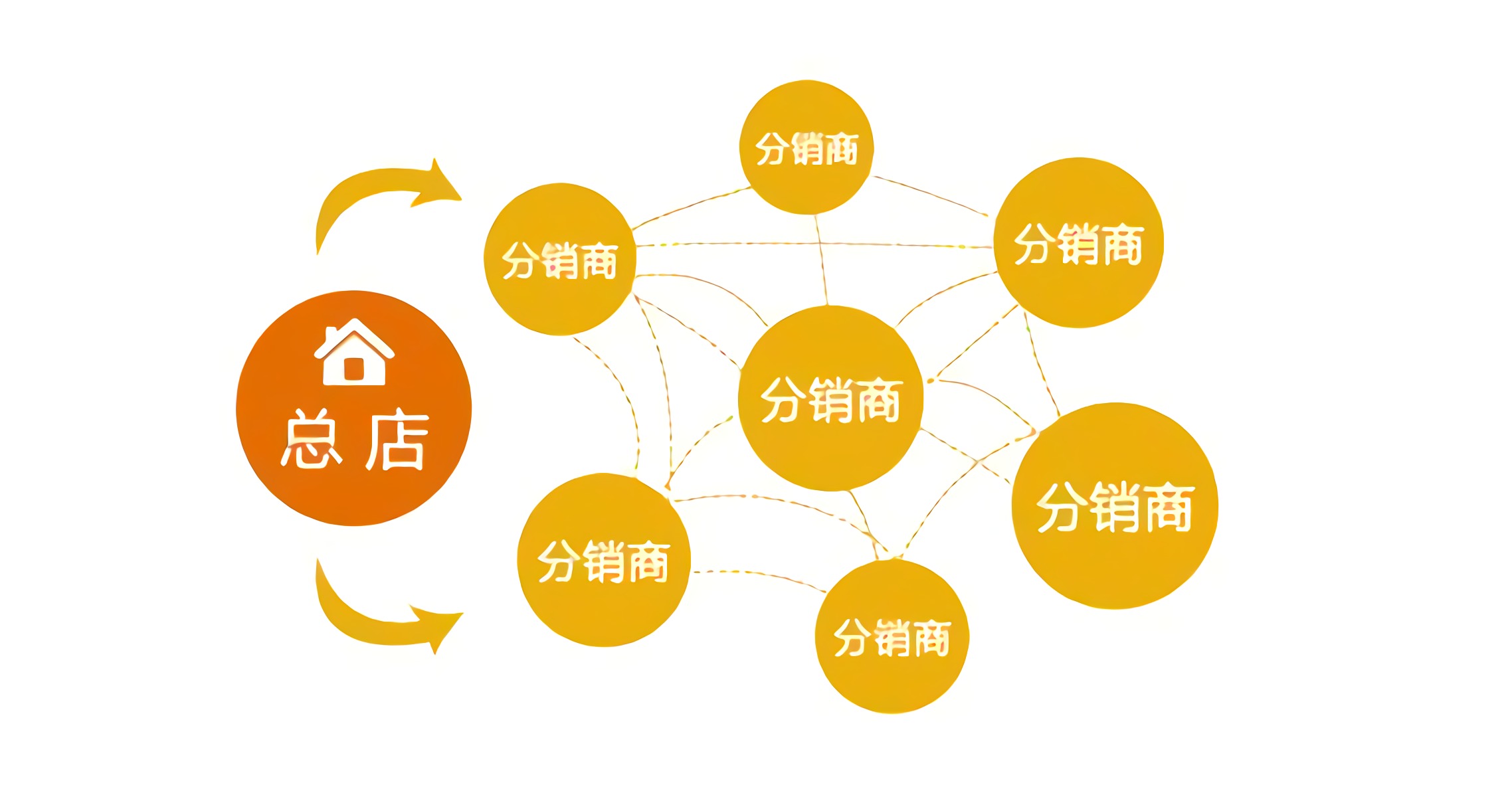
What is the stability of this strategy? Let's take a look at the following two cases.
In 2012, Ackerman publicly shorted Herbalife. He pointed out that most of Herbalife's products were sold to dealers at a high price through the pick-up mode. It is difficult for dealers to make profits by selling products only. It is necessary to pull more customers to pay for membership or sub-distributors to earn money. Under this vicious circle, the company will be abandoned by investors due to falling growth and fraud, and will go to the final stage of bankruptcy.
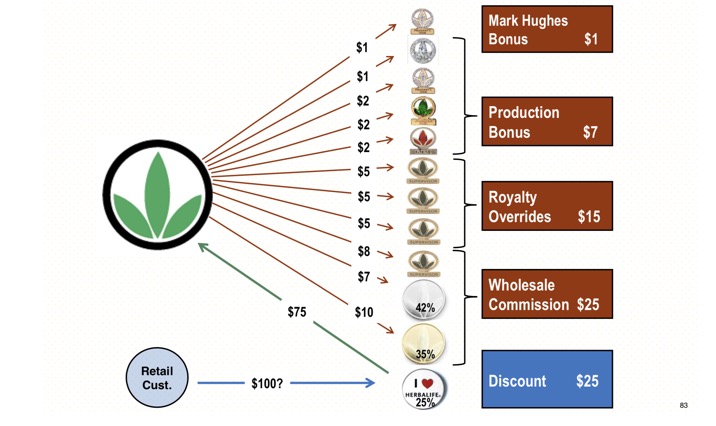
In fact, no matter how detailed Ackerman's argument is, if the following two key points cannot be overthrown, then the Herbalife building cannot be destroyed.
In the lap, the key to this approach is to control the “dial ratio”, which is the proportion of the project’s share of revenue from marketing incentives to total revenue. Successful consumer goods companies will strictly control this ratio to prevent them from being shackled by channel vendors. Therefore, MLM does not absorb blood, but continuously supplies blood to the company.
Second, about 30% of dealers will go bankrupt due to inventory backlogs and losses, but the tragedy of these people can't affect the growth of company performance and moral hazard. This is due to the growth of the company's overseas business expansion.
On the other hand, the vast majority of dealers who took the last step were those who did not have the commercial ability, illegal immigration, and wanted to get rich overnight. When the business can't go on, the bankrupt dealers either recognize and leave, acknowledging that their business ability does not work; or they try to defend their rights, but they lack access to rights because of illegal immigration status.

The domestic liquor industry has entered a rapid development channel since 2009. Alcoholic wine is a typical example. Since 2011, the performance of alcoholic liquor has been rising at a rate of 100%. Although it is not a pyramid scheme, its market model is somewhat similar to the pick-up strategy.

When the industry recovered in 2016, the dealers began to perform again. Taking Moutai as an example, the ex-factory price of the company is currently 969 yuan, but the retail price is close to 2,000 yuan, and the dealers have earned nearly double the income. This is nothing more than one of the announcements of the former chairman of the board of directors being "double-opened": "Dayu is an illegal dealer to facilitate the operation of Moutai, which seriously undermines the marketing environment of Moutai."
This is quite different from the Ponzi strategy discussed below.
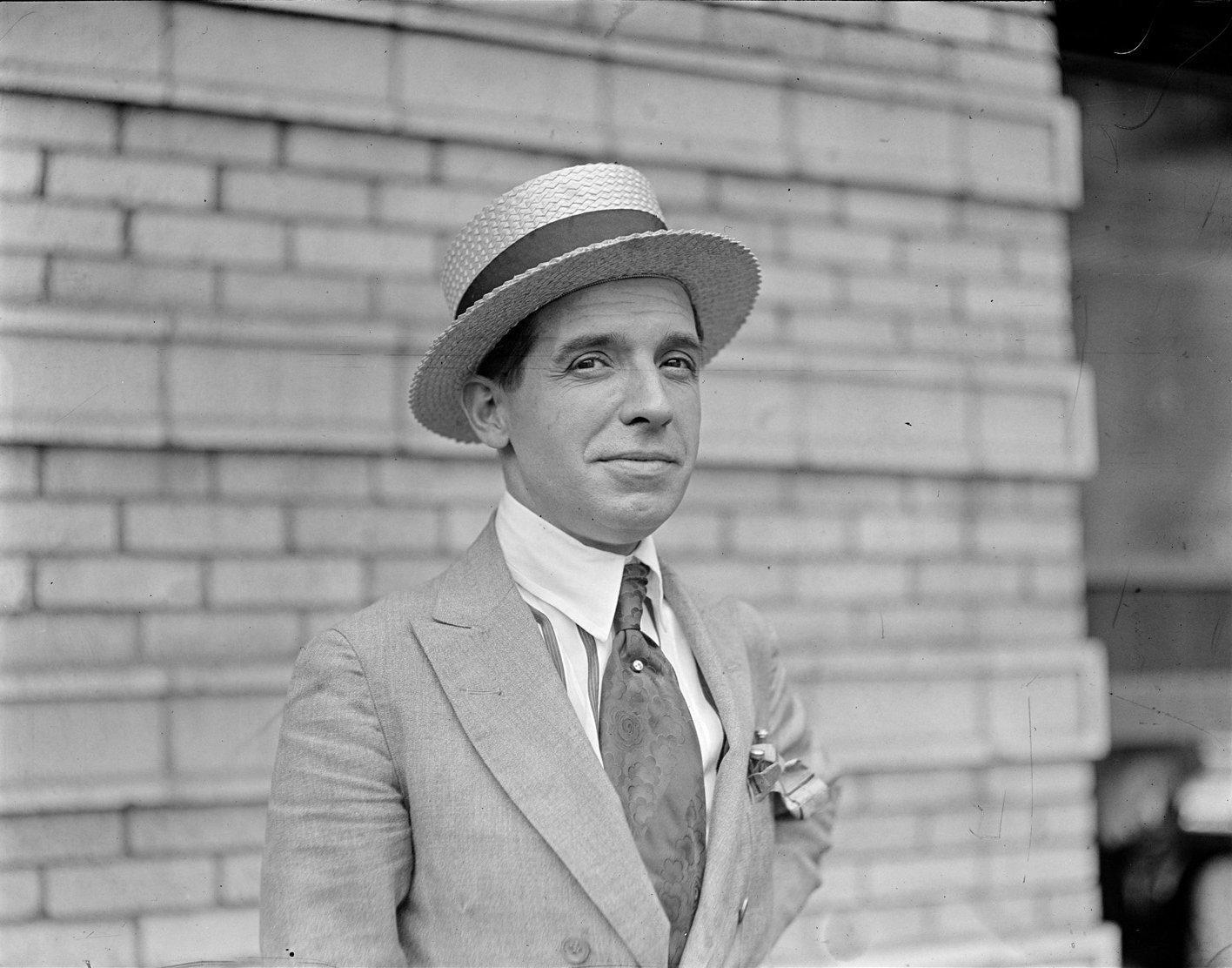
Therefore, in the actual transaction, the core requirement of the Ponzi strategy became “pay on schedule”. Doing this well will enable more and more customers to generate trust and invest in the project.
Due to its natural capital attributes, the Pond's strategy is mostly seen in financial markets.

The earliest record of interest appeared in a relic of Sumer in 2400 BC. The above inscription records: "The leader of Uma should borrow 1 Guru barley from Nanshe and Ninggesu, which will generate interest. 8.64 million guru."
The background of this matter is that there are two ancient cities on the plains of Mesopotamia – Lagos and Uma, both of which are hostile. Uma seized a piece of land in Lagosh and occupied the time of two generations. When Lagos defeated the opponent to retake the land, he asked Uma to compensate by "rent" plus interest. Barley with a compensation of 1 unit is compounded for 33 years at a 33% interest rate. Of course, such an astronomical compensation party can of course not be repaid, so in essence this debt became the enslavement of Lagosh to Uma.
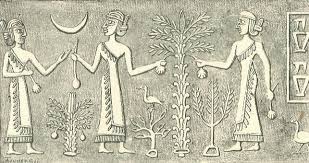
Interests are much earlier than financial management, and financial historians believe that past interest-bearing lending between neighborhoods has encouraged communities to respond to crises. Debt allows borrowers to use future money to meet current demand, smoothing the gaps and cycles of consumption.

However, with the increase of social wealth and the expansion of financial management behavior to civilians, the nature of capitalists and fundraisers has changed. Because the money raised by the fundraising is much faster than the money earned by the project, it is much easier.
In pursuit of more revenue, high-risk products were eventually sold to investors who could not afford high risks. After the fundraiser gets the money, in order to attract more people to invest, it is often advertised, such as luxury decoration, buying landmarks.
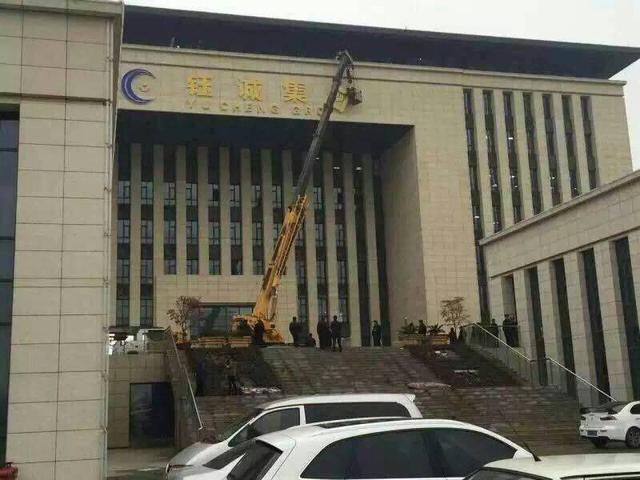
Because with the increase in the size of funds, high-quality investment targets can always be found in a highly financial environment, and a successful investment can always be made, and high-quality assets can easily appreciate in a relaxed environment, and mortgages can be easily used. , refinancing and other tools to delay the pressure. In places with low financial convenience, it is prone to asset shortages, lack of financial instruments, and thus the idling of funds, and the process of ending Ponzi is accelerated.

The Ponzi strategy, under the credit currency system, allows institutions with strong loans to obtain a large amount of funds, and gives the space and tools for the capital operation of listed companies, which promotes market prosperity and economic operation.
2. Investors conduct financial management through a wallet app or game app in a fixed-cycle return;
3. Investors pay USDT, ETH and other mainstream currencies to participate in financial management;
4. The financial management mode is a fixed-cycle redemption. If a 100-day return is announced, the dividend will be paid to the investor for 1% of the principal currency of the ABC currency for one year;
5. The investor receives the currency ABC of the team traded at the highest price of the day as interest.
7. In order to shorten the return cycle, the investor does not sell the currency, and reduces the selling pressure by changing the direction;
8. The rise in the currency price also attracted investors and traders in the secondary market, providing liquidity;
9. Financial investors will also promote and attract people to ensure that the team has sufficient funds;
11. When the bear market arrives, all the prices are in the air, the project side is announced, and investors have no time to take care of it.

As long as the team can continue to control and not be kidnapped by agents, it will be able to keep the price of coins up.
Although its MLM properties are extremely strong, the model currency always has a market, and a dedicated target group.
This is because the model currency team will focus all the “doing things” goals on the fast and continuous improvement of the currency price. The concept of “value investment”, “time will prove” and “market value is underestimated” will not be used to comfort investors in the secondary market, thus reducing the pressure on a large number of operations. Team funds are more efficient to use, don't spend money to develop unrelated programs, attend offline events, and more.
Therefore, many participants will have the chance to gain the benefits of rising currency prices as long as they run faster than the project side.

2. The wallet address is open and transparent;
3, the project allocation ratio is strictly controlled, the dealer can not pick up the wool;
This paper reviews the origins and principles of the two strategies of the MLM and Ponzi in the pyramid scheme, and analyzes the main strategies of the model currency. We hope to give you some reference and reduce unnecessary asset risks.
Even if you are lucky, your income is based on the loss and suffering of most people, and it faces enormous legal risks.
In the following series, we will conduct mathematical deductions on more relevant cases, so stay tuned.
Betting on zero
"Uncovering the inside story of alcoholic liquors: dealers selling wine to buy shares"
Millennium Financial History
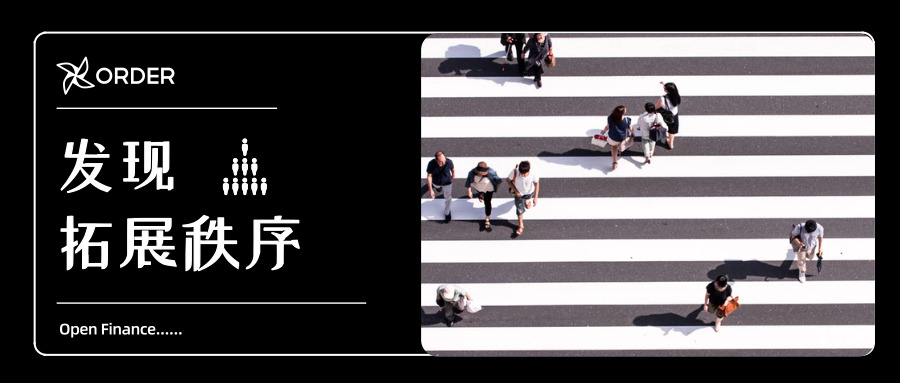
We will continue to update Blocking; if you have any questions or suggestions, please contact us!
Was this article helpful?
93 out of 132 found this helpful
Related articles
- DApp Ecology | Halo is snatched away by DeFi, how do the left-wing chain tour developers break through?
- Frequent news on the regulatory level, Iran is in urgent need of compliance with Bitcoin mining business
- Mining energy consumption and privacy protection – Exploring the unresolved problems of Bitcoin in 2019 (below)
- Can the altcoin take off again?
- Ethereum Developer: ETH price has reached the bottom, 2.0 first arrived in January 2020
- Data Report: Bitcoin search exceeds stocks, and Dapp trades over $3 billion.
- Blockchain enters the automotive industry: layout to "front", Nuggets in "after" | zinc

